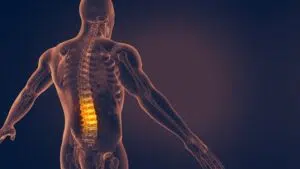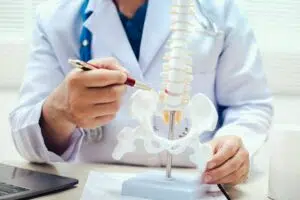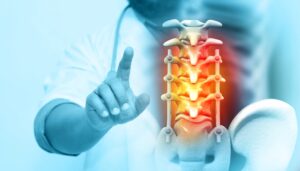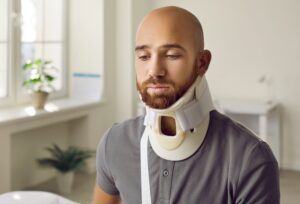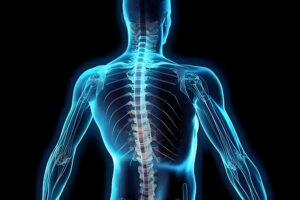Minimally invasive spine surgery is a modern option designed to relieve painful spine conditions while limiting disruption to muscles and tissue. If you have tried conservative treatments such as physical therapy, medicine, or injections, you may begin wondering whether surgery will truly help. One of the biggest questions people ask is about the minimally invasive… [Read More]
Blog
Different Types of Spine Surgery and When They’re Needed
Back or neck pain can affect nearly every part of daily life, from mobility and sleep to work and overall quality of life. For many people, symptoms improve with conservative care such as physical therapy, medications, or injections. When pain persists, worsens, or begins to interfere with nerve function, spine surgery may become an appropriate… [Read More]
What Are the Types of Minimally Invasive Spine Surgery?
Minimally invasive spine surgery has changed how patients experience treatment for chronic back pain and other spine conditions. Instead of large incisions and lengthy hospital stays, these modern surgical procedures use small incisions, specialized instruments, and advanced imaging to target problem areas in the spinal column with precision. The result is typically less tissue disruption,… [Read More]
Deep Brain Stimulation: How Long Does It Last and What to Expect Over Time
Deep brain stimulation (DBS) can provide symptom relief from Parkinson’s disease and essential tremors that lasts for several years, with many patients continuing to benefit 5 to 10 years after surgery. It does not stop the condition itself, but it can make daily movement and function easier to manage over time. DBS helps reduce tremors,… [Read More]
Anterior Cervical Discectomy and Fusion Recovery: What to Expect
Anterior cervical discectomy and fusion recovery usually takes several weeks to a few months, depending on your overall health and how your body heals. Most patients can return to light daily activities within a few weeks, while full recovery—including bone fusion and improved mobility—may take up to three months or more. Pain and stiffness are… [Read More]
DBS vs FUS for Essential Tremor
Deep brain stimulation (DBS) and high frequency ultrasound (HFUS, also called MRI guided focused ultrasound thalamotomy, MRgFUS-thalamotomy, or simply focused ultrasound) are two treatment options for essential tremor that can reducing tremors and improve quality of life. Focused ultrasound is a newer treatment that is being marketed to patients as “non-invasive,” but this claim may… [Read More]
Deep Brain Stimulation’s Success Rate for Parkinson’s Disease
If you are curious about the deep brain stimulation success rate for Parkinson’s disease, you are not alone. Many patients with Parkinson’s disease are looking for ways to manage their motor symptoms, tremor, and overall disease progression. Deep brain stimulation (DBS) therapy has emerged as a powerful treatment option that can significantly improve quality of… [Read More]
Is Minimally Invasive Spine Surgery Best For You?
Are you tired of living with chronic back pain and searching for lasting relief that doesn’t involve a long, painful recovery? Minimally invasive spine surgery might be the answer you’ve been looking for. This cutting-edge technique has transformed how spinal issues are treated, offering hope to patients who haven’t found success with conservative treatment options…. [Read More]
Microdiscectomy vs Disc Replacement: Exploring Back Pain Relief Options
Have you been told you need spinal surgery, and now you’re stuck between microdiscectomy and disc replacement? Both procedures are commonly used to relieve chronic back pain caused by disc problems, but knowing which one is right for your specific situation can make all the difference in your recovery and quality of life. Understanding the… [Read More]
How to Choose the Right Surgeon for Your Cervical Disc Replacement
Are you considering cervical disc replacement but feeling overwhelmed by your options? Choosing the right surgeon can be the most important decision you’ll make on your journey to relief from neck pain, nerve compression, or spinal disc degeneration. This isn’t just another surgery—it’s your quality of life on the line. With advancements in minimally invasive… [Read More]
- 1
- 2
- 3
- 4
- Next Page »

